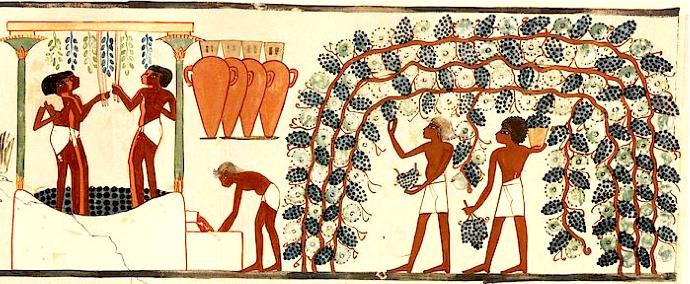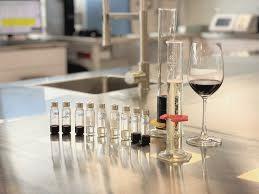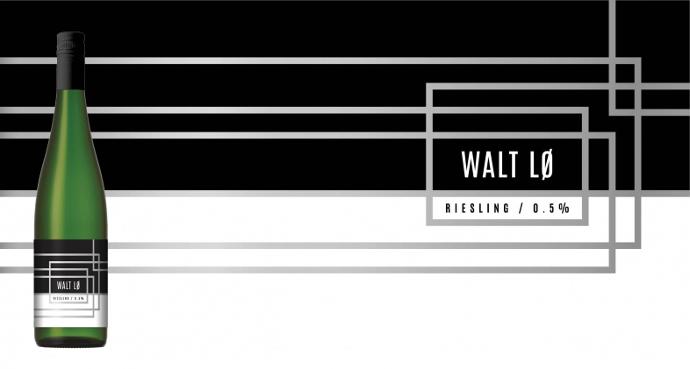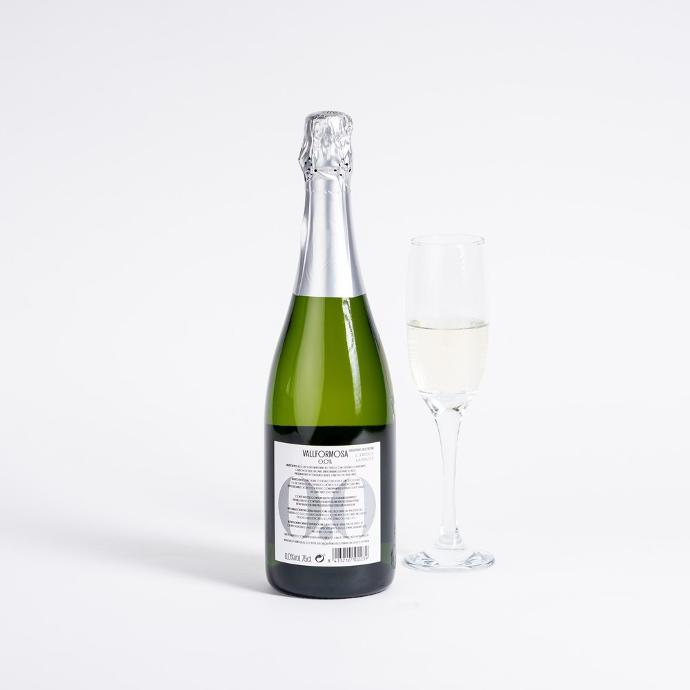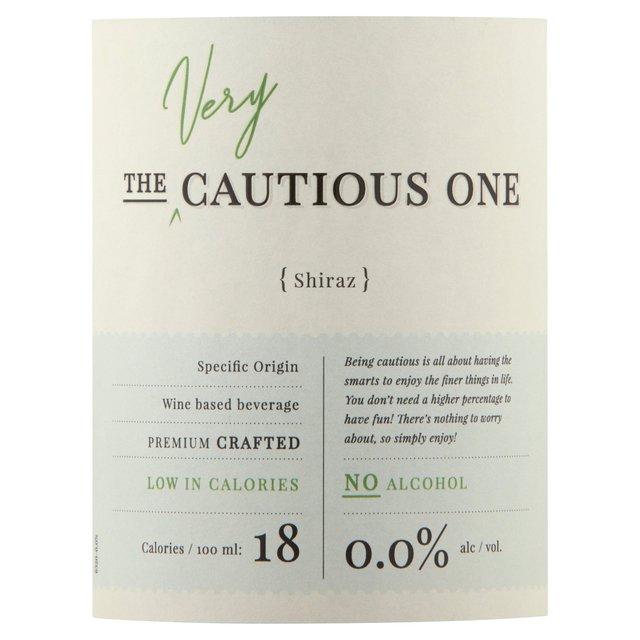It’s no secret that the ‘Sober Curious’ movement has created a boom in the popularity for non alcoholic beverages - in fact, this is the largest growing sector of the entire drinks industry. At Sovereign Wines, we are expanding our ‘sober friendly’ range, whether you are pursuing full time sobriety, or are designated driver, our aim is to provide you with the best of the best.
The History
Non-alcoholic products, as a distinct category, are a relatively modern invention, driven largely by changes in social norms, health awareness, and legal restrictions, particularly during the 20th century. However, the concept of beverages without alcohol has ancient roots. The story of non-alcoholic wine is closely tied to the broader history of winemaking and the demand for non-alcoholic alternatives.
Ancient Times - Early Alcohol Control: In ancient civilizations, wine was often diluted with water, which lowered its alcohol content. This practice was particularly common in Ancient Greece and Rome, where drinking undiluted wine was seen as barbaric. However, these diluted wines were still alcoholic, albeit less potent.
19th Century - The First Non-Alcoholic Wine: During the late 19th century, concerns over the temperance movement led to the first efforts to produce non-alcoholic alternatives to popular alcoholic beverages. In the United States, where the temperance movement was particularly strong, the production of “temperance drinks” became popular. These were early attempts at creating non-alcoholic versions of wine, beer, and other spirits. The first commercially successful non-alcoholic wine is often credited to Thomas Welch. In 1869, Welch developed a method to pasteurise grape juice, preventing it from fermenting into wine.
Prohibition Era (1920-1933) - Growth of Non-Alcoholic Beverages: The Prohibition era in the United States was a significant period for non-alcoholic products. The legal ban on the production, importation, transportation, and sale of alcoholic beverages led to a surge in the production of non-alcoholic substitutes.
Many brewers and winemakers began to produce “near beer” and “non-alcoholic wines” to stay in business. These beverages contained minimal amounts of alcohol, typically less than 0.5% alcohol by volume (ABV).
De-alcoholisation
A non-alcoholic wine and its quality is often judged by whether or not is has undergone the de-alcoholisation process. One of the main points of difference with this process, is that to create the alcoholic free wine, you must first start with ‘regular’ wine, containing alcohol. The de-alcoholising doesn't happen until after the fermentation process is complete.
The two most common methods that a winery will use to remove the alcohol from their wines are vacuum distillation and reverse osmosis.
Vaccum Distillation: this process involves using a vacuum to gently heat the wine (this being key, as to not cook the wine). This introduction of heat to the wine, slowly removed the alcohol content from the liquid, then winemakers blend the newly alcohol-free wine with a small amount of grape juice.
Reverse Osmosis: This is also known as the filtration method. This method involved passing the wine that contains alcohol through a membrane, leaving both a wine concentrate and solution of water and alcohol that is subsequently heated to remove the alcohol before being reblended. This protects the wine concentrate from losing any key flavours and aromas.
There are a few key products we are keen to highlight from our range of wines that offer both no alcohol and low alcohol options for your customers:
Walt Riesling Low Alcohol, Germany
A refreshing low-alcohol white retaining all the flavours of a classic Riesling. Light and elegant with fresh lime citrus and crunchy green apple. Zesty, fresh and very moreish. 100% Riesling and 100% delicious, with only 0.5% ABV.
Vallformosa 0% Alcohol Sparkling, Spain
Delightfully clean and crisp. Pear and apple give way to more tropical fruits on the nose and a delicate palate of more tropical fruits and pleasant sweetness. Made from that classic Cava varieties Macabeo, Xarello and Parellada.
De Bortoli The Very Cautious One Shiraz 0%
From a well regarded producer based in Australia. Bright red in appearance with ripe raspberries and spice on the nose. The palate is juicy and plump with cherries and a gentle tannin finish. Made from 100% Shiraz.
At Sovereign Wines, our portfolio is constantly evolving. Keep an eye out on our social media for more Non Alcoholic products soon to be introduced to our eclectic range in the future!
